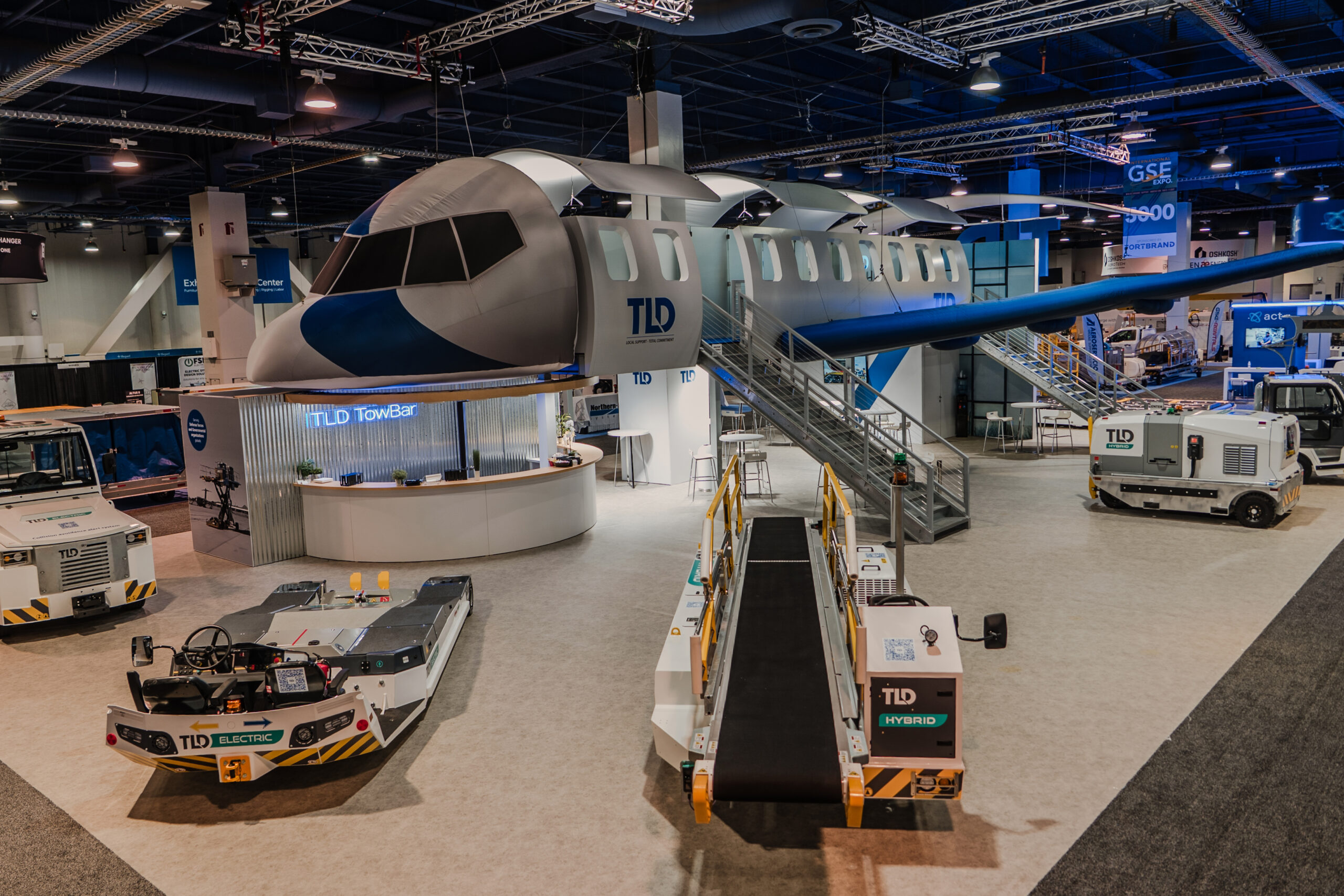
Why Management Matters
Great trade show managers know that success doesn’t happen by accident. From purchasing exhibit space to opening day, they make hundreds of decisions that shape ROI. The following tips for successful trade show managers highlight how to balance planning, communication, and innovation to ensure every event counts.
Tips for successful trade show managers include focusing on fewer high-ROI shows, aligning sales and marketing, choosing vendors wisely, editing booth design, and blending innovation with practicality.
Plan Fewer, Better Shows
Overcommitting is a common trap. Each show requires time, staff, and resources, so attending too many can dilute results. Successful managers focus budgets on shows with the highest ROI potential, ensuring quality over quantity.
Align Sales and Marketing
Even the most visually striking booth falls flat if sales and marketing aren’t in sync. Managers must ensure booth branding, lead capture, and follow-up align with sales goals. This collaboration helps turn booth traffic into revenue.
Choose Vendors for Quality, Not Just Price
While the lowest quote may look attractive, it often comes with hidden costs. Experienced exhibit houses deliver reliability, service, and value that justify the investment. For example, Absolute Exhibits has seen how choosing quality partners ensures smoother builds, stronger design execution, and long-term ROI compared to cut-rate options.
Edit Your Exhibit Space
Cluttered booths confuse visitors and bury your message. Great managers act like editors-in-chief, balancing product displays, meeting areas, and interactive elements so each piece serves a purpose. Less is often more when clarity is the goal.
Use Technology Thoughtfully
Technology should enhance—not overwhelm—the booth. Managers who use tools like interactive screens or digital lead capture thoughtfully create better attendee experiences. The most effective tips for successful trade show managers stress innovation balanced with practicality.
Top Mistakes to Avoid
| Mistake | Why It Hurts |
|---|---|
| Attending Too Many Shows | Stretches budgets and resources too thin |
| Picking Vendors on Price Alone | Risk of poor service, hidden costs, or delays |
| Overcrowding Booth Design | Confuses attendees and weakens brand messaging |
| Ignoring Sales-Marketing Sync | Leads collected without clear conversion path |
| Chasing Tech Trends Blindly | Adds flash without meaningful engagement |
Pre-Show Planning Checklist
| Timeline | Key Actions |
|---|---|
| 3 Months Before | Finalize show selection; book exhibit space; confirm budget and goals. |
| 1 Month Before | Align sales and marketing strategy; review booth design; train booth staff. |
| 1 Week Before | Test lead capture tools; print collateral; rehearse presentations; confirm logistics. |
This phased approach ensures managers stay proactive, not reactive—making it easier to dominate the show floor.
The Bottom Line
Trade show success comes from making the right choices at the right time. By applying these tips for successful trade show managers, you can plan strategically, balance innovation with clarity, and ensure your booth dominates the floor. With thoughtful preparation and strong partners, every trade show becomes an opportunity to showcase your brand and drive ROI.



